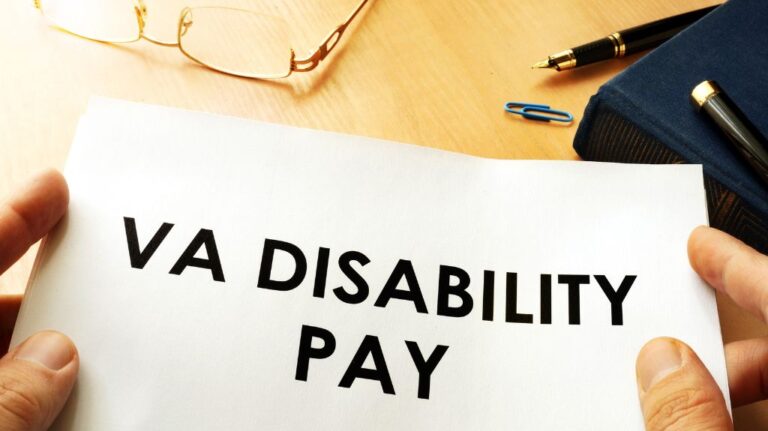How 100% Disability Rating Affects Dependent Education Benefits

Veterans who have earned a 100% disability rating have made significant sacrifices for their country, and this rating provides them with access to a range of benefits. One of the most impactful benefits is the educational support available to their dependents. If you’re a veteran or a family member of a veteran with a 100% disability rating, understanding these educational benefits can open doors for higher education and vocational training.
Understanding the 100% Disability Rating
A 100% disability rating from the Department of Veterans Affairs (VA) signifies that a veteran’s disabilities are considered totally disabling, leaving them unable to secure gainful employment. This rating often comes with additional benefits beyond monthly compensation, including enhanced education opportunities for the veteran’s spouse and children.
Educational Benefits Available to Dependents
There are several programs designed to help the dependents of 100% disabled veterans pursue their educational goals. The most prominent of these are the Survivors’ and Dependents’ Educational Assistance (DEA) program and state-level benefits.
Survivors’ and Dependents’ Educational Assistance (DEA) Program
The DEA program, also known as Chapter 35, offers educational and training opportunities to the dependents of veterans who are permanently and totally disabled due to a service-connected condition. Eligible dependents can receive up to 36-45 months of education benefits, which can be used for degree and certificate programs, apprenticeships, and on-the-job training. Some benefits may also cover correspondence courses and tutoring.
To qualify for DEA benefits, the dependent must be the spouse, child, or stepchild of the veteran. Children generally must be between the ages of 18 and 26 to receive DEA benefits, though exceptions can apply.
State-Specific Education Benefits
In addition to the federal DEA program, many states offer additional educational benefits to the dependents of 100% disabled veterans. These benefits can range from tuition waivers at state colleges and universities to grants and scholarships. The specific benefits and eligibility requirements vary by state, so it’s essential to check with your state’s veterans’ affairs office to see what’s available.
For example, Texas offers the Hazelwood Act, which provides up to 150 hours of tuition exemption at public institutions for the dependents of 100% disabled veterans. Other states have similar programs that can significantly reduce the financial burden of higher education.
How to Apply for Dependent Education Benefits
Applying for dependent education benefits involves several steps, and it’s important to follow the correct procedures to ensure timely approval.
- Determine Eligibility: Before applying, verify that you meet the eligibility criteria for either the DEA program or state-level benefits. This may involve providing documentation of the veteran’s disability rating and the relationship to the dependent.
- Submit the Application: For federal benefits, you’ll need to submit VA Form 22-5490, Application for Survivors’ and Dependents’ Educational Assistance, either online through the VA’s website or by mail. For state benefits, contact your state’s veterans’ affairs office to learn about the specific application process.
- Choose a School or Program: Select an approved educational institution or training program. It’s crucial to ensure the school or program is approved for VA benefits.
- Receive Benefits: Once your application is approved, you will receive benefits directly to cover tuition, fees, and possibly other expenses such as housing and books.
Maximizing Educational Benefits for Dependents
To make the most of these benefits, it’s important to plan ahead. Consider the following tips:
- Research State Programs: Some states offer more extensive benefits than others, so look into all your options.
- Apply Early: Start the application process as soon as possible to avoid delays that could affect enrollment.
- Seek Guidance: If you’re unsure about any part of the process, consult with a VA representative or an educational advisor familiar with veterans’ benefits.
Secure Your Family’s Educational Future
Understanding and utilizing the educational benefits available to the dependents of 100% disabled veterans can make a significant difference in your family’s future. Whether through federal programs like DEA or state-specific benefits, these opportunities can help dependents achieve their academic and career goals.
If you need assistance navigating the complexities of VA benefits, including those related to education, contact VA Benefits Attorneys Powered by Tabak Law today. Our experienced team is here to help you maximize the benefits you’ve earned and ensure your family is fully supported.







